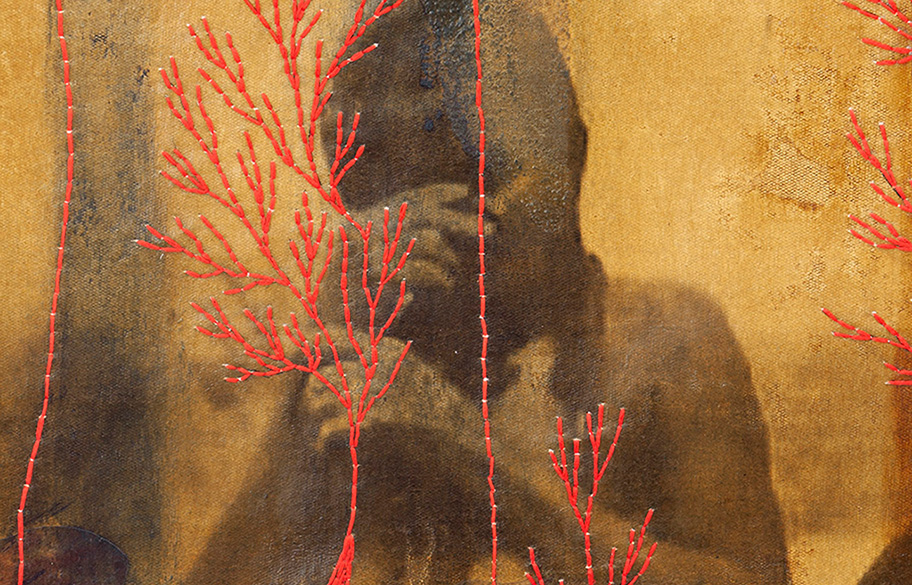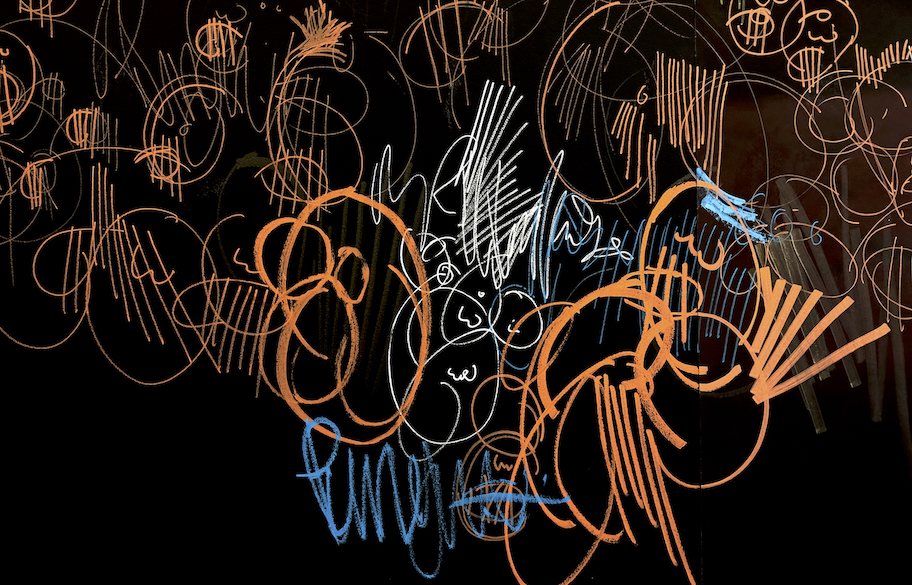USA, Literature, 2022
Maaza
Mengiste

Time is the principle focus of Maaza Mengiste’s life and work. Born in 1971 in Addis Ababa, Ethiopia, she published her first novel, Beneath the Lion’s Gaze, in 2010. Even though she discovered the power of words while learning how to read English at the age of six, her family didn’t consider writing as a career; she ended up becoming a business strategy consultant. But Mengiste never forgot the powerful feeling of “entering into a conversation that started thousands of years ago, of facing something bigger than her,” which she experiences whenever she reads. And she has never stopped reading; African authors such as Aminata Sow Fall, Mariama Bâ, Ousmane Sembène, The Tale of Two Cities by Charles Dickens, or Homer’s The Iliad. Novels and poems that describe revolutions, fears, migration, wars; things that she lived through during her childhood but that her parents never talked about.
Mengiste left Ethiopia in 1975 with her family, when Haile Selassie was overthrown. They landed first in several successive African countries, and then moved to the U.S. She remembers the soldiers, the tanks, and the arrests, asking her parents questions, and their silence. She visited libraries to research the Ethiopian Civil War, to no avail, and fell back on publications about other revolutions – in China, Cuba, or Iran. The failure of her quest generated her desire to write.
In 2007, Mengiste graduated from the creative writing department at the University of New York. Her first novel not only described the daily life of a family after the military coup; it is a “chorus” where all the characters share experiences of being subjected to an overwhelming power. First published in English, Beneath the Lion’s Gaze was translated into several languages.
Almost ten years passed before the release of her second book, The Shadow King, which was shortlisted for the Booker Prize in 2020. To write this story of the Ethiopian resistance against the invasion of Benito Mussolini’s army in 1935, she spent a year in Italy thanks to a Fulbright Fellowship. She searched through archives, interviewed the descendants of Italian soldiers, and found photographs, diaries, and objects from this period of time at several flea markets in Rome. In a New York Times article dating back to 1935, she read the story of an Ethiopian woman who led two thousand men to fight. She discovered that Ethiopian women fought bravely but weren’t remembered. While telling this to her mother, she learned that her great-grandmother took part in these fights. The Shadow King is also a “chorus”; we hear the voices of the forgotten, the Ethiopian people, the ascari (Eritrean soldiers that fought next to the Italians), as well as the voice of a fascist colonel.
Mengiste has taught at institutions like Queens College, City University New York; Lewis Center for the Arts, Princeton University; and Wesleyan University, and held a residency in Zurich, offered by “Writers in Residence,” the Literaturhaus Zurich and the PWG Foundation. She has won a Guggenheim Fellowship, an American Academy of Arts and Letters Award, and a Fulbright Fellowship, amongst others. She has also worked with Words Without Borders and published many independent essays in publications such as Granta, The Guardian, and Literary Hub.
Text: Gladys Marivat
Beneath the Lion’s Gaze
W. W. Norton, New York, 2010
The Shadow King
W. W. Norton, New York, 2019
Addis Ababa Noir (Publ.)
Akashic Books, New York, 2020






